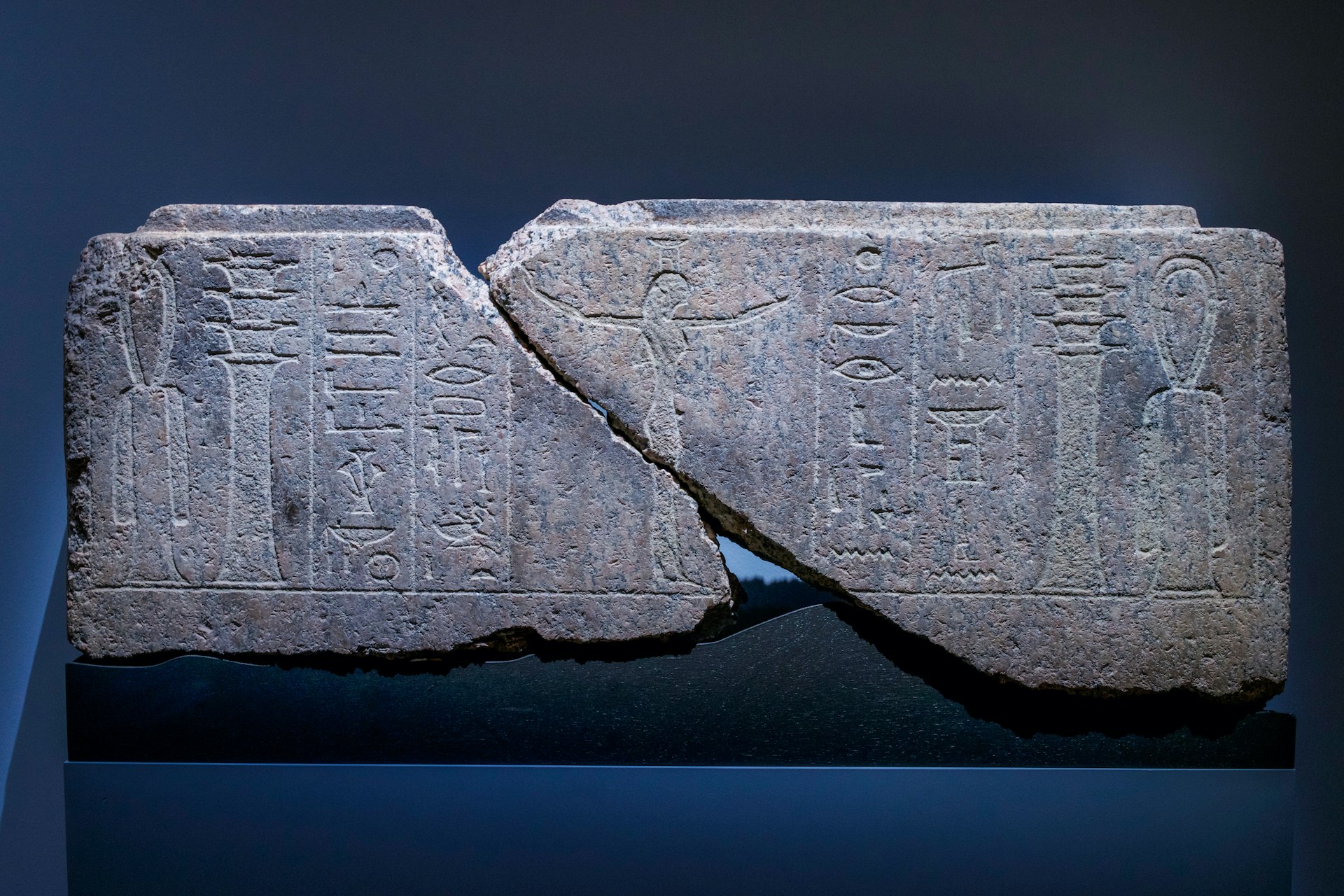Understanding and Shaping Consumer Attitudes Toward EV Battery Recycling Programs

Photo by JJ Shev on Unsplash
Introduction
As electric vehicle (EV) adoption accelerates, the question of what happens to their batteries at end-of-life has become increasingly important for both environmental sustainability and consumer confidence. While the technology enabling EV battery recycling is advancing rapidly, consumer attitudes and awareness still lag behind. Understanding and addressing these perceptions is critical to building successful EV battery recycling programs that support a sustainable future and drive higher participation rates.
The Current State of Consumer Attitudes
Recent research reveals a complex landscape of public opinion regarding EV battery recycling. According to a 2023 survey of U.S. adults, 71% expressed concern about the fate of used EV batteries, up significantly from 54% the previous year. This growing apprehension is paired with persistent misconceptions: nearly 40% of respondents in 2023 believed lithium-ion EV batteries are not recyclable, although this figure has improved from 47% in 2022 [1] . Furthermore, more than half of those surveyed worried that EV batteries would lead to ‘toxic landfills’ [2] .
Despite these concerns, attitudes toward EVs themselves are becoming more positive. Over half of Americans say their outlook on EVs has improved over the past three years, and 46% believe that electric vehicles will outsell gasoline-powered cars in their lifetimes [3] . Still, there remains a significant knowledge gap about battery recycling and the circular economy potential of critical materials like lithium, nickel, and cobalt, which can in fact be recycled repeatedly without loss of performance.
Key Drivers of Consumer Attitudes
Several factors shape how consumers perceive EV battery recycling:
- Knowledge and Awareness: Misconceptions continue to persist. For example, 37% of Americans do not understand that recycled lithium-ion materials can be used to make new EV batteries [3] . Only 39% realize that the critical materials in lithium-ion batteries are infinitely recyclable.
- Environmental Concerns: Environmental motivations strongly influence consumer behavior. When individuals are more aware of the environmental benefits and social value of recycling, they are more willing to participate in recycling programs [4] .
- Perceived Barriers: Many consumers worry about the cost, complexity, and accessibility of recycling programs. Some believe that EV batteries are expensive to recycle, while others are unaware of where or how to recycle their batteries safely [5] .
Challenges Facing Battery Recycling Programs
EV battery recycling programs must overcome several hurdles to boost participation and consumer trust:
- Lack of Public Awareness: Nearly half of U.S. consumers are still unaware of EV battery recyclability, which dampens program engagement and slows the development of a circular battery economy.
- Myths and Misinformation: Persistent misunderstandings about the safety, environmental impact, and true recyclability of lithium-ion batteries create unnecessary fear and hesitation.
- Accessibility Barriers: Not all communities have convenient drop-off points or clear instructions for recycling EV batteries, creating friction for well-intentioned consumers.
- Trust in Industry and Government: Some consumers are skeptical about whether the industry or government agencies are equipped to safely and effectively recycle EV batteries at scale.
Strategies to Improve Consumer Attitudes and Participation
To address these challenges, a multi-pronged approach is required:
1. Education and Public Outreach
Proactive education campaigns can dispel myths and increase understanding of battery recycling’s benefits. For example, organizations like Ascend Elements have published detailed survey results and educational materials to help inform the public [2] . Automakers, environmental NGOs, and government agencies can collaborate on clear messaging about the recyclability of lithium-ion batteries and the value of recovered materials.
Consumers seeking more information can check with their local municipality’s waste management division, consult their EV manufacturer for recommended recycling partners, or search for “EV battery recycling programs” through reputable organizations and official government portals.
2. Incentives and Convenient Access
Making recycling as easy and rewarding as possible is key. Some manufacturers and recycling companies may offer incentives such as rebates or discounts for returning used batteries. In regions where formal programs are not yet available, consumers can contact their vehicle dealer or battery manufacturer to ask about safe return processes. Providing convenient collection points at dealerships, service centers, and recycling facilities will further encourage participation.
If you wish to recycle an EV battery, you can:
- Contact your vehicle’s manufacturer for guidance on authorized recycling partners.
- Inquire with your local government about hazardous waste collection events or facilities that accept lithium-ion batteries.
- Search for established battery recycling companies or programs in your area using terms like “lithium-ion battery recycling near me.” Make sure to verify the reputation and safety practices of any service provider.
3. Leveraging Prosocial Behaviors
Research has shown that emphasizing prosocial and environmental motivations can significantly increase consumer willingness to recycle. Initiatives that highlight the societal and ecological benefits-such as reducing landfill waste and supporting resource conservation-can tap into community values and promote sustainable action [4] . Manufacturers and recyclers can further build trust by transparently sharing information about their environmental impact and recycling outcomes.
Real-World Examples and Case Studies
Several U.S. states and industry leaders have piloted successful EV battery recycling initiatives:
- Automaker Take-Back Programs: Some automakers operate battery take-back schemes, partnering with certified recyclers to ensure safe disposal or repurposing of end-of-life batteries. Consumers are encouraged to contact their dealership or brand customer service for program availability and participation details.
- Local Government Initiatives: Municipal hazardous waste programs in certain regions accept lithium-ion batteries from both private citizens and businesses. Residents can typically learn about local options by searching their city or county waste management websites for “battery recycling” resources.
- Industry Collaboration: Organizations such as the Responsible Battery Coalition and industry leaders like Ascend Elements are actively developing technologies and infrastructure to scale up efficient, closed-loop battery recycling, ensuring critical materials are recovered and reused [2] .
How to Get Started with EV Battery Recycling
If you own or plan to purchase an EV, you can take actionable steps to ensure responsible battery disposal and recycling:
- Consult your vehicle’s owner manual or manufacturer’s website for battery recycling guidance and authorized drop-off locations.
- Contact your local waste management authority to learn about hazardous waste collection events or permanent sites.
- Search for “lithium-ion battery recycling” through reputable industry organizations or established recycling companies-verify their credentials and environmental certifications before participating.
- If no formal program exists in your area, inquire with your dealership or service center about best practices and available options.
Remember, it is important not to dispose of EV batteries in household trash or general landfills, as this can create environmental and safety hazards.

Photo by Dillon Wanner on Unsplash
Conclusion
Consumer attitudes toward EV battery recycling programs are evolving, but significant gaps in knowledge and accessibility remain. By expanding education efforts, increasing program availability, and leveraging prosocial motivations, industry stakeholders can help ensure more EV batteries are recycled, supporting the transition to a sustainable, circular economy. Individual consumers play a vital role in this process by seeking out accurate information and participating actively in recycling initiatives. For the latest program details, contact your vehicle manufacturer, local waste management authority, or search for reputable recycling companies, always verifying their credentials and practices.
References
- [1] PR Newswire (2023). Americans are Increasingly Concerned about Electric Vehicle Battery Disposal.
- [2] Ascend Elements (2023). Survey: Americans Concerned about EV Battery Disposal.
- [3] Recycling Today (2022). Survey measures consumers’ attitudes, knowledge of EV batteries.
- [4] National Library of Medicine (2025). NEV battery recycling innovation strategy and prosocial behavior.
- [5] Waste360 (2023). Nearly Half of U.S. Consumers Unaware About EV Battery Recyclability.



